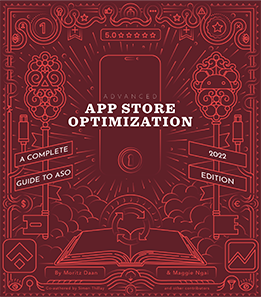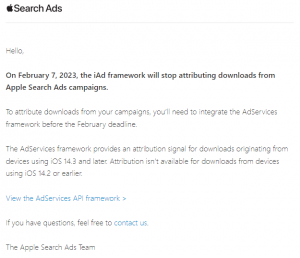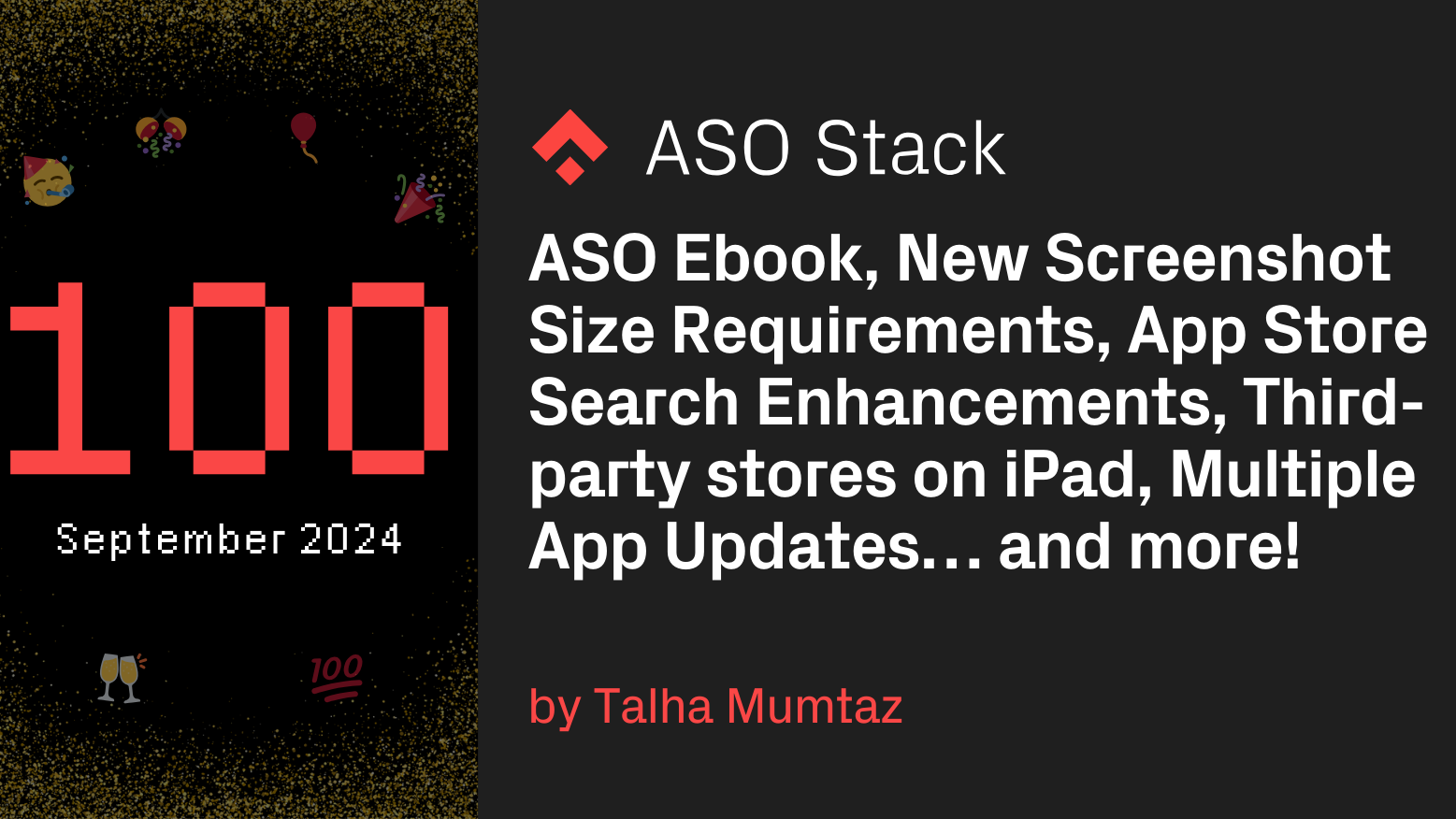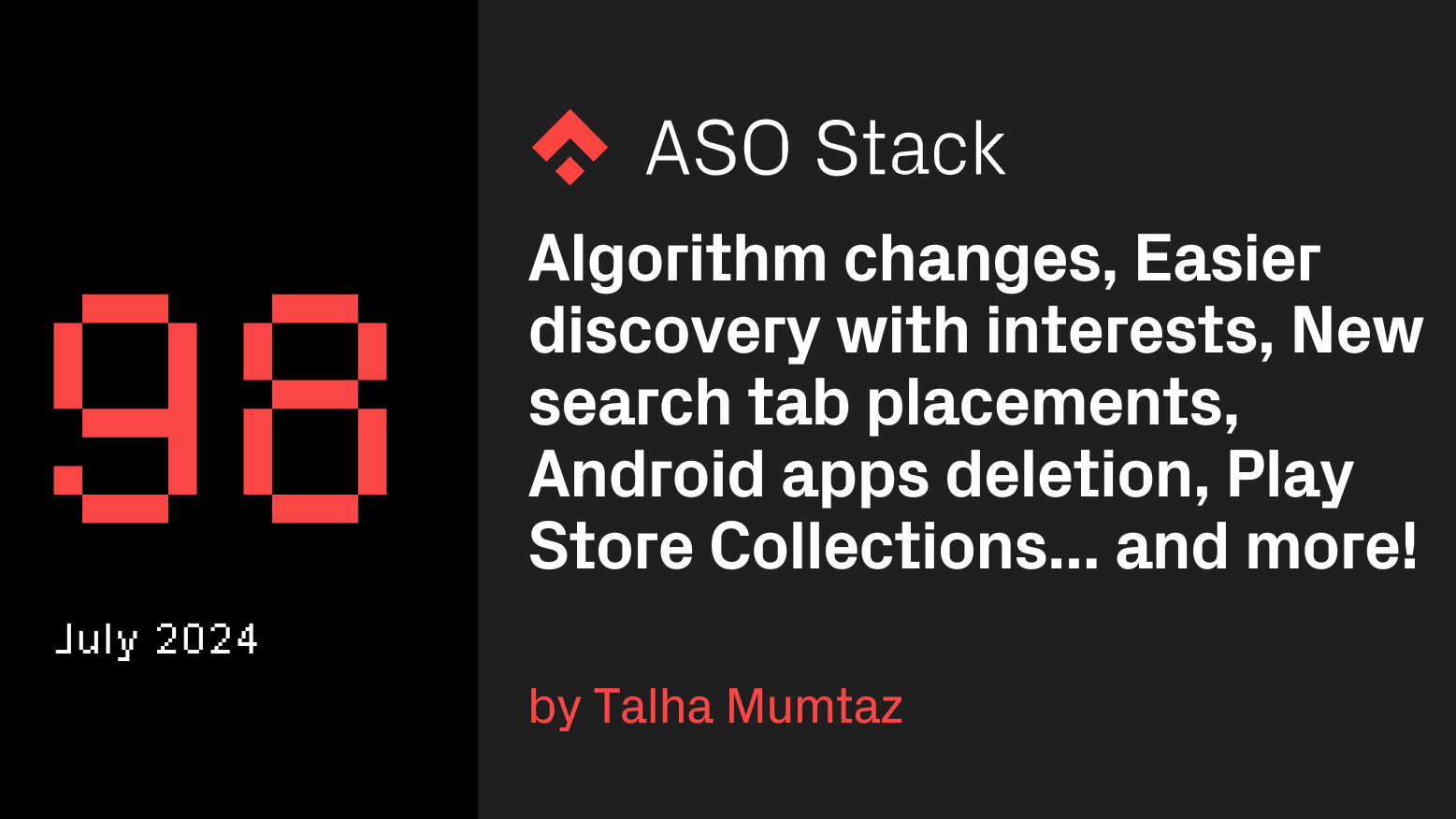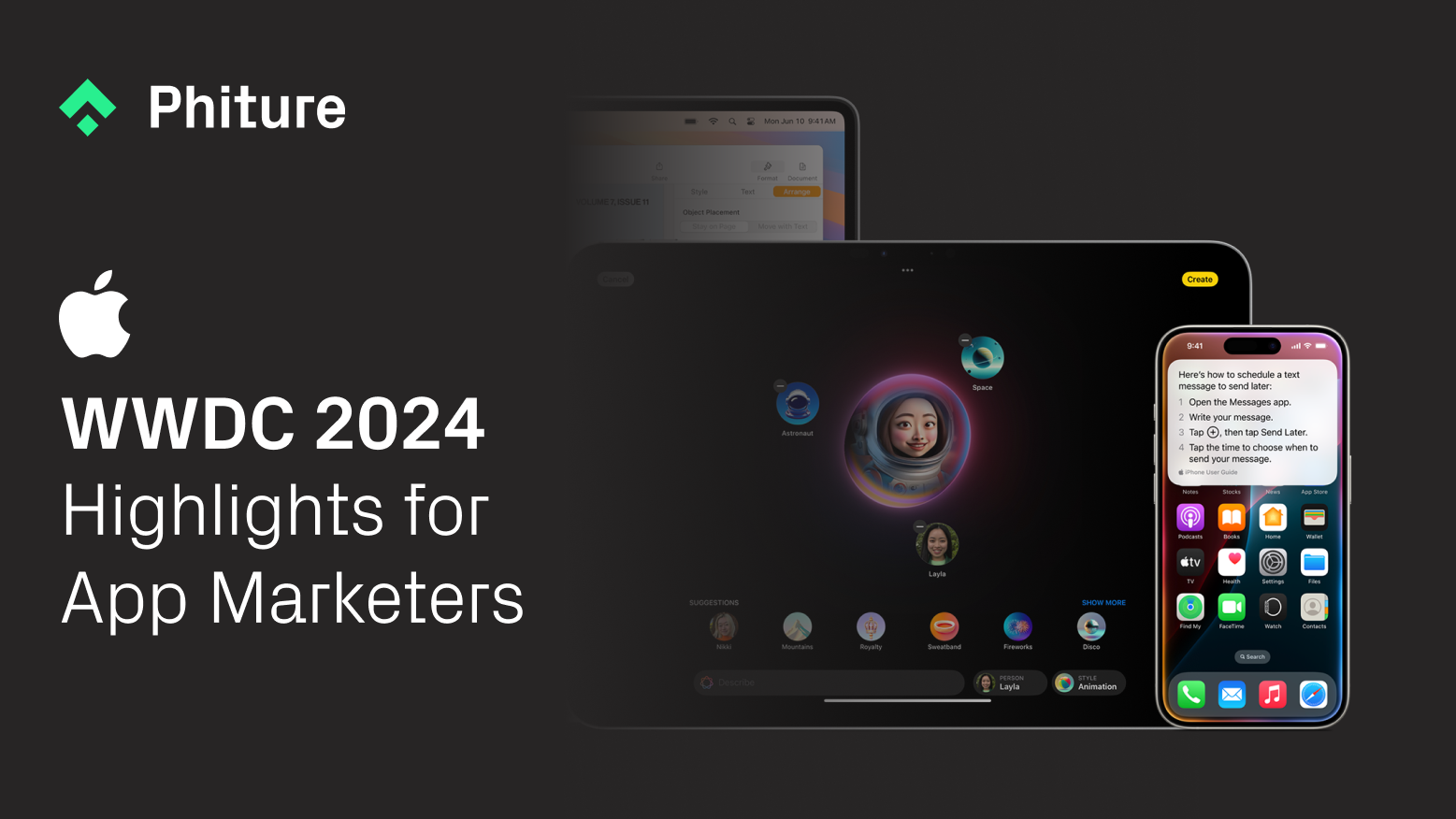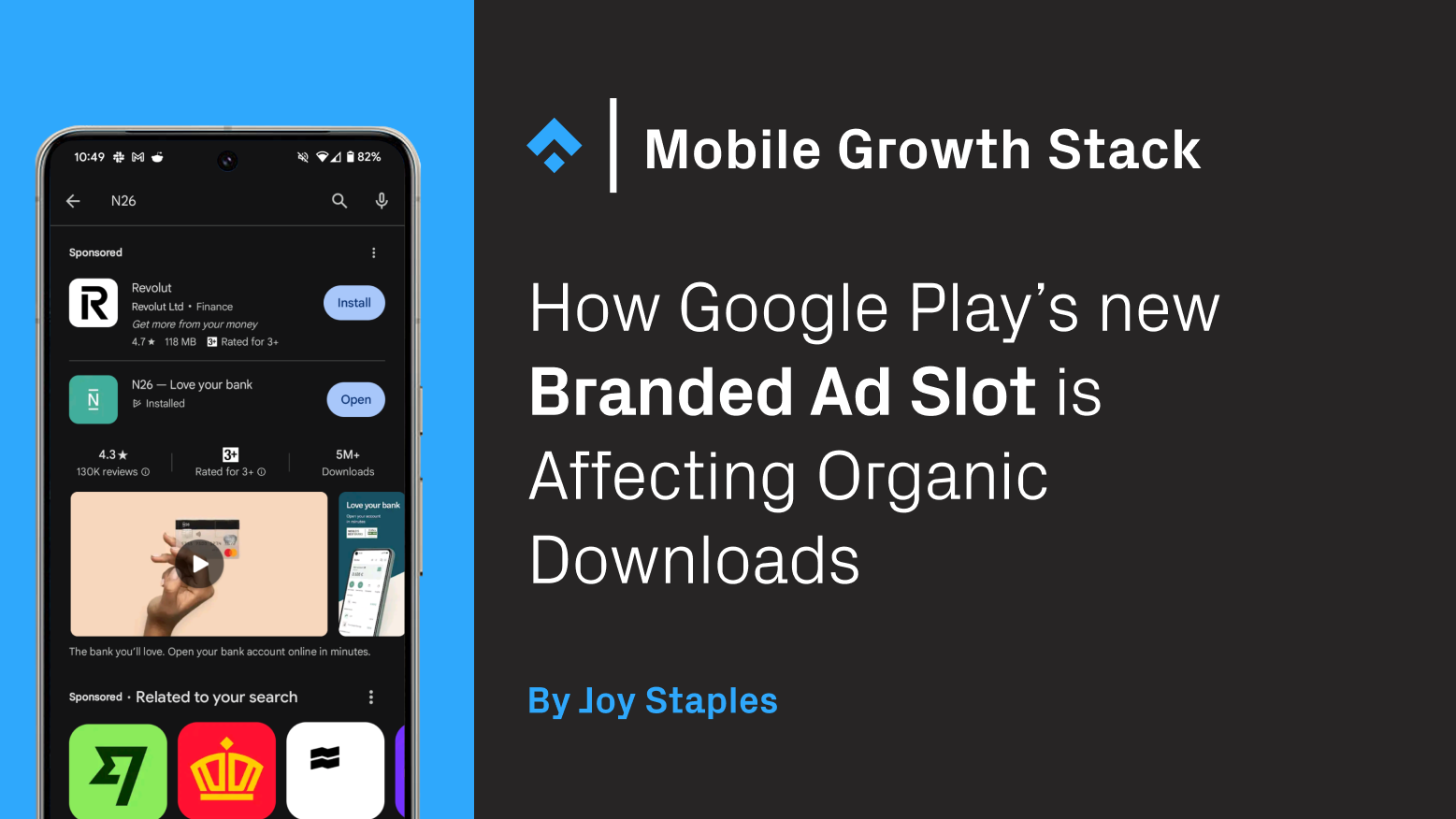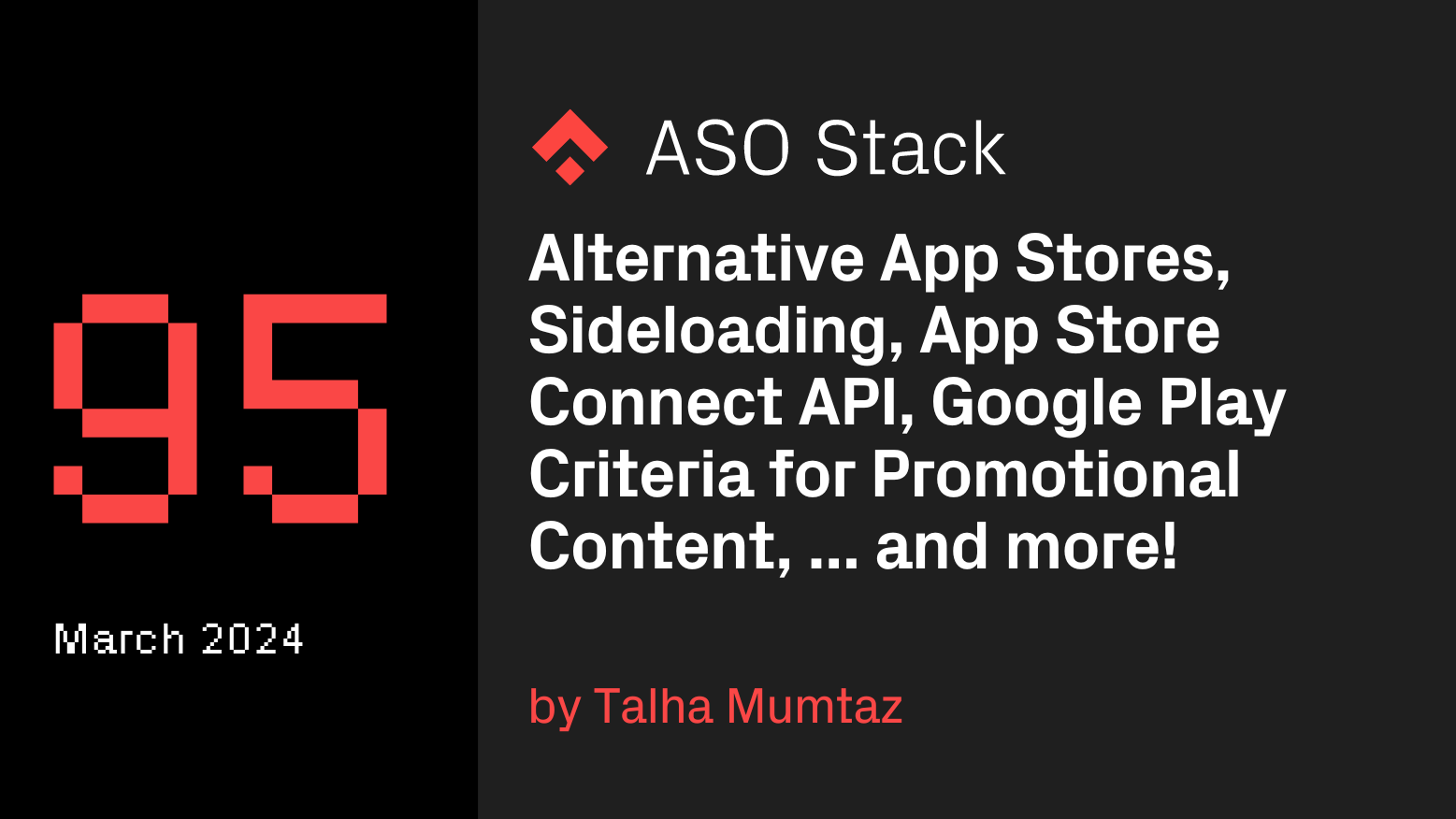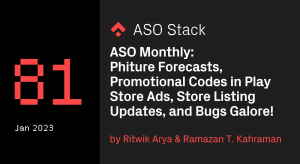
This month’s edition of ASO Monthly 2023 outlines the most relevant January developments. Here, we shed light on trends in app store optimization, algorithm changes, insights into conversion rate optimization, and tool updates.
This update was prepared by Senior ASO Strategist, Ritwik Arya, and Ramazan Tugay Kahraman, Senior ASO Keyword & Metadata Specialist at Phiture.
January 4 – Short Descriptions in Play Store search results
Muhammad Adnan from the ASO Stack Slack community reported that he started seeing short descriptions in search results for games on the Play Store.
In subsequent tests, Phiture found that short descriptions started appearing in almost all search results.
Short descriptions remain in the Play Store search results for about a month. For this reason, we can say that the importance of the short description has increased. With that in mind, devs may want to update or change their current short descriptions, especially in the US and UK.
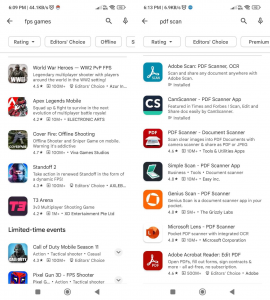
January 6 – Promotional codes appear in Play Store ads
Store ads are a great way to display in first place (rank one) in app stores. The same goes for the ads that appear in Play Store search results. In the past, organic and paid search results have appeared almost the same in most cases. However, recently we saw that the ads in the search results were promoting offers and coupon codes under app titles. From an ASO perspective, this will bring more fierce competition in the search results as paid ads could become more lucrative when compared to organic results. Therefore, this is an opportunity to combine ASO and performance marketing efforts to maximize the impact.
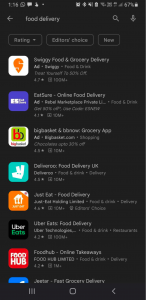
Source – Play Store
January 8 – AdServices framework integration required to attribute Apple Search Ads downloads
ASO Stack Slack community member, Tamir Binder, shared an Apple Search Ads update that states developers will have to integrate the AdServices framework to attribute downloads from Apple Search Ads campaigns from February 7 onwards. iAd is a legacy framework that integrates with Apple Search Ads campaigns. But Apple has now deprecated iAd technology in macOS and iOS. This change would be necessary to enable App Store ads download attribution and tracking.
Source – ASO Stack Slack
January 8 – Confidence level in the Google A/B testing tool
There has been a significant change in the Google Play A/B testing tool. ASO practitioners can now set the confidence level on the testing tool. To obtain more reliable results, set a higher level of confidence.
It will be possible to set a target for the confidence level previously automatically determined by Google. However, a higher level of confidence setting, may result in longer A/B testing times. ASO practitioners can determine the confidence level according to the hypothesis.
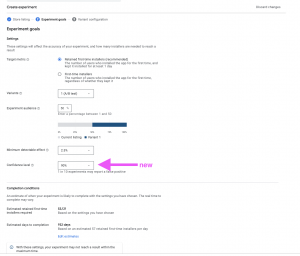
January 9 – Data lag on the Google Play Console
Natalie, an ASO Stack Slack community member, identified a bug in the Play Console. She noticed that the acquisition data in the Google Play Store did not update for over 11 days. Because of this, ASO practitioners could not track the acquisition performance between December 29, 2022 and January 9, 2023. Google fixed the issue, and the data started populating again from January 10 onwards.
Source – ASO Stack Slack
January 11 – Metadata bug fixed in App Store Connect
While ASO practitioners saw several bugs in Google Play Store & Console, App Store Connect also suffered from a metadata bug. Since December, many ASO practitioners encountered a bug that led to resetting the metadata automatically to the default localization. The bug has made the localization process in App Store Connect challenging. It was finally confirmed as resolved by Vadim Lysenko on January 11. There have been no issues since then.
January 12 – Phiture Academy launches Advanced ASO course
Presented by Phiture’s own Anton Tatarynovich and Joy Staples, this is the distilled and synthesized knowledge of our award-winning ASO Team. Our knowledge is from the forefront of mobile growth, acquired from working with some of the world’s biggest apps, and the product of our team’s culture of experimentation to ensure continuous improvement.
If you’re looking to build ASO capacity in your own team, or are curious what this field has to offer for your career, this is the course for you. Entirely self-paced and easy to digest, Phiture Academy is the perfect e-learning solution for both organizations and individuals looking to level up their mobile growth skillset. Find out more.
January 23 – Phiture predicts the top ASO trends in 2023
In its Mobile Industry Outlook session, Phiture predicted the top ASO trends in 2023 – based on the key developments in areas such as app performance, the use of AI in ASO, and the personalization of user journeys, among other topics. Watch the session by clicking on this link.
January 24 – Google ordered to allow third-party app stores in the Indian Play Store within a week
The Competition Commission of India (CCI) has issued a ruling that requires Google to host third-party app stores on its Play Store and cannot restrict the sideloading of apps in any way. Google has a week to implement the required changes to the Play Store in India. This ruling has significant implications for ASO practitioners. It may lead to a broader range of app stores available to consumers, unlocking new optimization opportunities and potentially affecting visibility and discoverability on the Google Play Store. It would be interesting to see how Google responds to the ruling.
January 25 – Control store listing updates with new Play Console
The Google Play Console has introduced a new feature to give app publishers more control over app update submissions. The new section, named “Changes in review,” allows publishers to update their app and store listings and hold off on submitting them for publication until they are ready. In brief, it allows publishers to see all the changes and send them for review together. Additionally, publishers can now remove changes that have already been sent for review or are ready to publish, making it easier to make necessary updates before resubmitting for review. With this update, ASO practitioners will find managing store listing updates much smoother.
Upcoming Events
Etail, Palm Springs 2023 – February 27 – March 2. Phiturians Arthur Kolayan and Nicholas Pattichis will be in attendance. Feel free to reach out to them!
SpeakHer Virtual Summit 2023 – Virtual – February 3
MWC Barcelona 2023 – Onsite – February 27 to March 2
You can check out our full list of Mobile Growth conferences to attend here!
Tool Updates
AppTweak: Introducing GameDNA
Sensor Tower: Sensor Tower’s Churn Analysis
Data.ai: App IQ In Action
Interesting Reads
How to Respond to (Good and Bad) App Reviews | AppTweak
What is Black Hat ASO? The Telltale Signs of Unethical ASO Techniques | Phiture
The Intersection of Paid UA and ASO Strategies | Yodel Mobile
How to use ChatGPT to market your app [50+ prompts] | AppsFlyer
Phiture Academy
Take a look at the new Advanced ASO course. Designed for organizations trying to build ASO capacity, or individuals looking to work in ASO. By the end of the course, individuals should have the knowledge and ASO skills required to create, implement, and continuously improve an advanced strategy on the app stores.
Before you go
ANR (Application Not Responding) rate measures app responsiveness. Google only considers the User-perceived ANR rate as vital for app discoverability. It counts ANR likely noticed by users, for example, when the app did not respond to input events within 5 sec. Similarly, for crash rate, User-perceived Crash rate is crucial for app discoverability. It includes crashes noticed by users and will always be lower than the overall crash rate. To learn more about Crash and ANR rates and how they impact your app’s visibility, read our dedicated article.
Table of Contents



